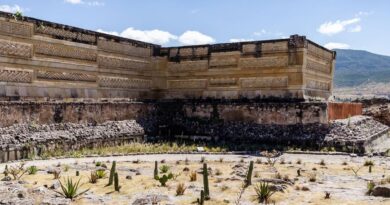The global mega-city with a £1.6bn secret hidden underground | World | News
A global mega city visited by millions of people every year hides a £1.6bn secret beneath the surface in the shape of a massive underground ‘cathedral’ most people never get to see.
As deep underground as one-and-a-half Nelson’s Columns, the Metropolitan Area Outer Underground Discharge Channel (MAOUDC) in Tokyo, Japan, is the largest of its kind in the world.
The massive cavern-like space has been likened to a place of worship because of its rows and rows of cathedral-like 200-foot-tall columns which tower above guests during visiting hours.
In a way, the huge concrete structure does answer the prayers of some citizens of Tokyo because it has stopped vast areas in the north of the city being flooded each year.
The flood diversion system is put into action when the frequent typhoon storms hit Japan bringing torrential rainfall which can overwhelm Japan’s capital city.
At full capacity the MAOUDC can pump 200 tonnes of water per second into the Edo River and away from homes and businesses.
When not full of water the chamber is also open to visitors with prices starting around £15 for a an hour-and-a-half tour. The facility’s website says it is open 10am to 4pm every day, except when being used to divert flood water.
When it was completed in 2006 the MAOUDC cost around £1.6 billion and it is still the largest floodwater diversion system in operation on the planet.
Flooding and rainfall has historically been a major problem for the Japanese authorities, with typhoon events causing millions of pounds worth of damage and fatalities every decade.
One of the worst-ever storms to hit Japan was in 1959 when the Isewan Typhoon brought incredible 190mph winds and torrential rain that killed more than 5,000 people.
Japan’s position on a volcanically active area of the planet called the Pacific Ring of Fire means the country is also subject to strong earthquakes which means the MAOUDC is also incredibly robustly built to withstand the strongest tremors.




